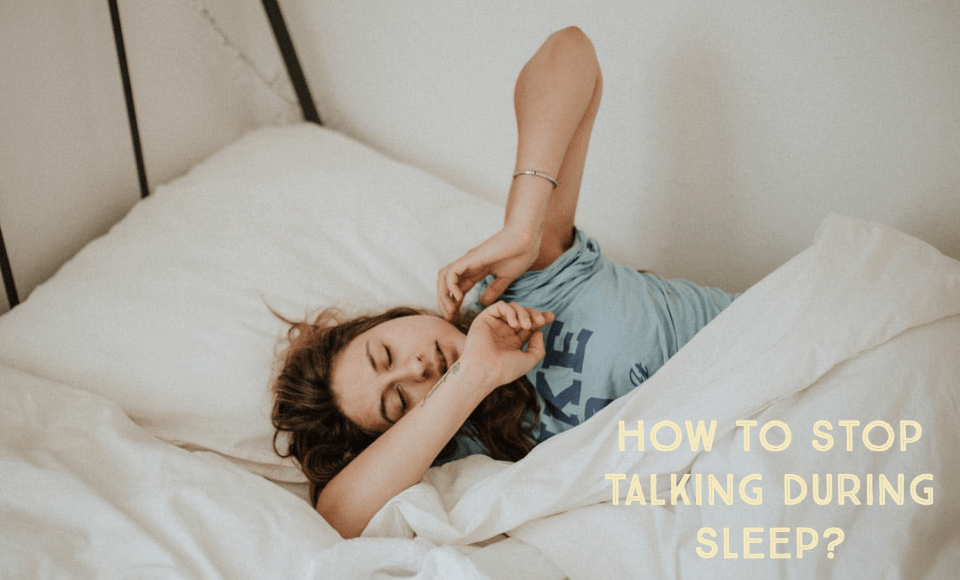Do you carry on a conversation – even while you’re sleeping? Talking during sleep is a relatively common problem that affects people of all ages, but it’s more common in children than in adults. What causes this phenomenon and what’s the best sleep talking treatment?
What Causes Talking During Sleep?
Sleep talking is a form of sleep problem known as a parasomnia which also includes such sleep disorders as sleepwalking, periodic limb movements, teeth grinding, and restless leg syndrome. No one knows exactly what causes some people to talk during sleep, but it may be related to physical and psychological factors – including nutritional deficiencies, stress, and lack of sufficient sleep.
Sleep talking is more common in kids. A full fifty percent of children talk during sleep at some point during their childhood – with ten percent doing it regularly. The number drops down to around five percent by adulthood – and it’s equally common among men and women. People who sleep talk may carry on elaborate conversations or only say a few words – and those who talk in their sleep are more likely to sleepwalk.
Factors That Increase the Risk of Sleep Talking
People are more likely to talk during sleep when they have a high fever or are ill. Certain medications also increase the risk, particularly medications used to treat mood disorders such as depression or schizophrenia and pain medications. Alcohol is another common drug that can worsen sleep talking.
Stress is another factor that causes some people to talk during sleep. Adults who talk often say the problem worsens during times of stress and disappears when the stress resolves. Sleep talkers also seem to run in families, so if your mom and dad talked during sleep, there’s a greater chance that you will too.
How to Stop Talking During Sleep
If you don’t want your sleep partner to know your innermost thoughts while you’re off in la-la land, the first thing to do is make sure you’re getting enough sleep. Skimping on sleep increases the risk of sleep talking. The next step is to ask your doctor if you’re taking medications that could increase the risk of talking during sleep.
And Finally….
Eliminate caffeine and alcohol from your diet as much as possible. Find an activity that helps you deal with stress better such as yoga or meditation. Getting regular exercise is also beneficial. It may also help to keep a sleep diary so you can correlate sleep talking with what you’re eating, your stress level, and how much you’re sleeping.
The Bottom Line?
Talking in sleep is usually harmless and rarely indicates a serious health problem, but it could mean you need to get more sleep – and get your stress levels under control.
References:
http://www.webmd.com/sleep-disorders/excessive-sleepiness-10/talking-in-your-sleep

